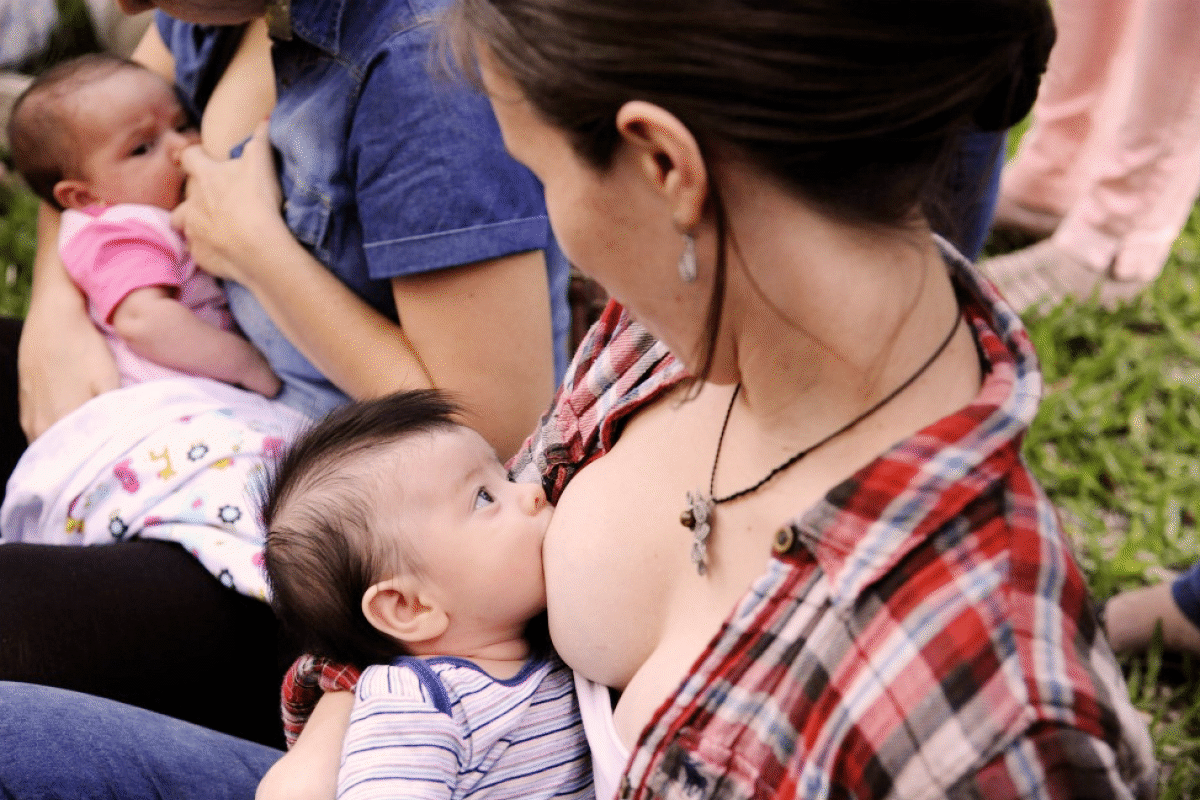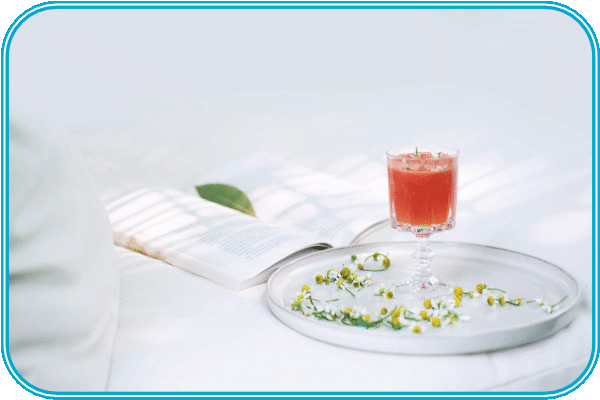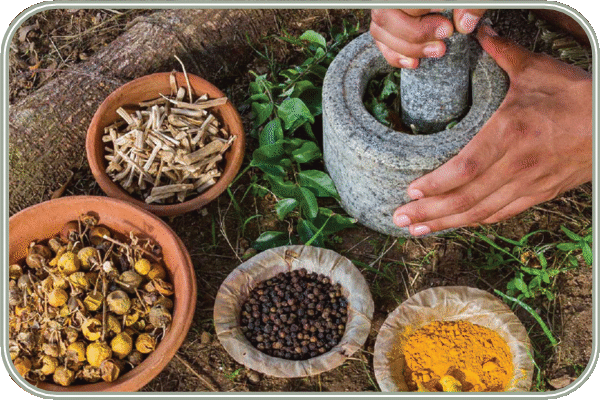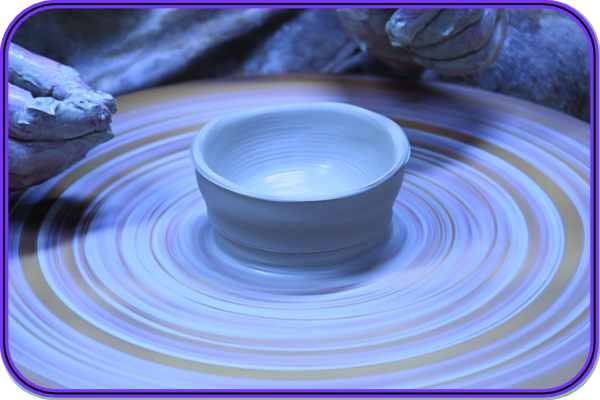A sacred bond between mother and child
Breastfeeding forges a powerful bond between mother and child. This bond transcends cultures and eras. In Traditional Chinese Medicine, breastfeeding goes beyond nutrition. It is a vital transmission of energy, a profound exchange through Qi and Blood.
Yet another story about energy
In Traditional Chinese Medicine (TCM), breast milk (rǔzhī 乳汁) is more than just food. It prolongs the mother’s Blood and Qi. The Huangdi Neijing, the foundational text of TCM, describes milk as a transformation of Qi and Blood.
Milk is produced through the transformation of Qi and Blood, a process governed by the Spleen and Stomach. Thus, the Spleen plays a central role in its creation, transforming food into vital essences.
Furthermore, the Huangdi Neijing, an ancient text, links breastfeeding to overall balance. A smooth lactation relies on circulating Qi and abundant Blood.
In ancient imperial China, breastfeeding united the community. For example, wet nurses (rǔmǔ 乳母) assisted the elite. Meanwhile, peasant women breastfed their children until they were three years old, in harmony with nature.
However, today, TCM is adapting to urban challenges: stress, pollution, and accelerated pace of life. Consequently, consultations for breastfeeding problems are increasing.
A universal act with varied perceptions
Breastfeeding is common to all humanity. Yet, each culture interprets it differently. For example, in sub-Saharan Africa, in Mali, it often lasts two years. Thus, it forges an unbreakable bond between mother and child.
In contrast, in Europe, the figures are alarming. Only 25% of French women are exclusively breastfeeding at six months (WHO, 2023). Indeed, the early return to work hinders this.
Furthermore, in Vietnam, Traditional Chinese Medicine (TCM) still holds sway. Mothers drink invigorating broths, which boost Qi. Everywhere, this act nourishes both body and soul. However, when obstacles arise, a TCM practitioner can be helpful in continuing the breastfeeding experience.

The challenges of breastfeeding
Mothers often face obstacles such as stress, fatigue, and anxiety. These can hinder lactation.
In Traditional Chinese Medicine (TCM), emotions affect the Liver, the regulator of Qi. A mother’s anxiety stagnates her energy, causing milk production to drop. A 2020 study (International Breastfeeding Journal) confirms this: chronic stress lowers oxytocin, an essential hormone that facilitates maternal behavior and the bond between mother and baby.
Partners play a complementary role, providing emotional support and practical assistance. A 2022 study (Journal of Perinatal Psychology) reveals this. This support extends the duration of exclusive breastfeeding by 40%. In TCM, this support is said to strengthen family Qi and stabilize the mother. Family Qi is the vital energy we receive from our family, particularly from our ancestors.
The challenges mentioned above indicate internal imbalances and call for action. A Chinese medicine practitioner can make an accurate diagnosis to provide the appropriate treatment and prevent complications.
The first step: listen to your body.
The second step: consult a Traditional Chinese Medicine (TCM) practitioner. They will guide you toward harmony. Their role is crucial for diagnosis, treatment, and support.
How to rebalance our functions
-
Dietetics or food as a remedy
Traditional Chinese Medicine (TCM) advocates warming, nourishing foods; it particularly recommends galactagogues such as fennel, purple sweet potatoes, and chicken broth.
Raw vegetables—which are considered cold—and overly spicy foods (chili peppers) should be avoided. These disrupt the Spleen or amplify Heat.

-
Acupuncture to release blockages
Acupuncture targets specific points. It tonifies or disperses energy.
- It boosts vitality in cases of Qi/Blood deficiency. The goal is to support the Spleen, the organ of Blood production.
- For Liver stagnation, Qi is fluidified and localized relief is provided.
- In cases of mastitis, Damp-Heat is expelled.
A 2021 meta-analysis (Journal of Chinese Medicine) confirms an 89% success rate for acupuncture combined with herbal medicine in supporting lactation.
-
Herbal medicine to nourish from within
The doctor prescribes a formula tailored to the syndrome in order to:
- Tonify the Blood
- Harmonize the Liver against stress
- Drain Heat-Dampness in cases of mastitis.
-
The emergence of a new consciousness
More and more companies are replacing human labor with robots. This new context is leading more and more people to take control of their lives and reassess their priorities. Many are returning to the countryside to rediscover a more human rhythm and a healthier lifestyle. In doing so, they are giving themselves the best chance of having children who are physically, emotionally, and spiritually healthy.
It is worth noting that lactation rooms are becoming increasingly common in companies. The WHO also promotes extended breastfeeding (2024).
Indeed, for children, breast milk is an immune shield. Rich in antibodies, it reduces respiratory infections by 50%. For mothers, breastfeeding reduces the risk of breast cancer by 20% (Breast Cancer Research).
Supporting breastfeeding is an investment in future good health.
In this context, the role of men is crucial. Educated men are moving from observers to active participants. They implement a variety of strategies. They allow mothers time to nourish their children. These strategies include:
- Preparing “Qi-boost” meals (soups, hot dishes).
- Offering emotional support, reducing the mother’s stress.
- Participating in the baby’s care, freeing up time for mothers to recharge.
Among the Maori, fathers sing to soothe the child. This strengthens family bonds. This discreet role is vital. It harmonizes lactation and strengthens the family’s Qi. And if challenges persist? The TCM practitioner complements this support. They guide the family toward lasting balance.
Common disorders

Breastfeeding is an act of love and the transmission of energy. The challenges it presents—hypogalactia, mastitis, stress—are invitations to restore inner harmony. Beyond remedies, breastfeeding reminds us of a simple truth:
Breastfeeding is about weaving a sacred bond that must be supported by family and society.
Hypogalactia: When milk is lacking
Hypogalactia (quē rǔ 缺乳) affects 30% of postpartum mothers (Jiangsu TCM College study, 2021). In Traditional Chinese Medicine (TCM), the key causes are:
- Qi and Blood Deficiency: After strenuous childbirth or bleeding. A pale tongue and weak pulse are signs of this.
- Liver Qi Stagnation: Stress or frustration. Red-edged tongue and a taut pulse are signs of this.
Consult a TCM practitioner as soon as possible. They will help you regain balance and avoid unnecessary frustration.
Mastitis: Inflammation of the breast tissue.
Acute mastitis (rǔ yōng 乳痈) arises from Qi stagnation combined with Damp-Heat. Pain, redness, and fever appear.
Each symptom tells a story. Lack of milk: energy depletion, physical or emotional exhaustion.
Mastitis: repressed anger, mental overload. These signals encourage you to slow down and reconnect with your body.
It is important not to underestimate the significance of these symptoms. Consult your Traditional Chinese Medicine (TCM) doctor without delay. By intervening quickly, they can prevent abscesses or stop them early.
A reminder for mothers:
- To consume: Chicken broth, fennel seeds, red dates.
- To avoid: Alcohol, fried foods, raw foods.
- Tip: Rest, surround yourself with support.







0 Comments